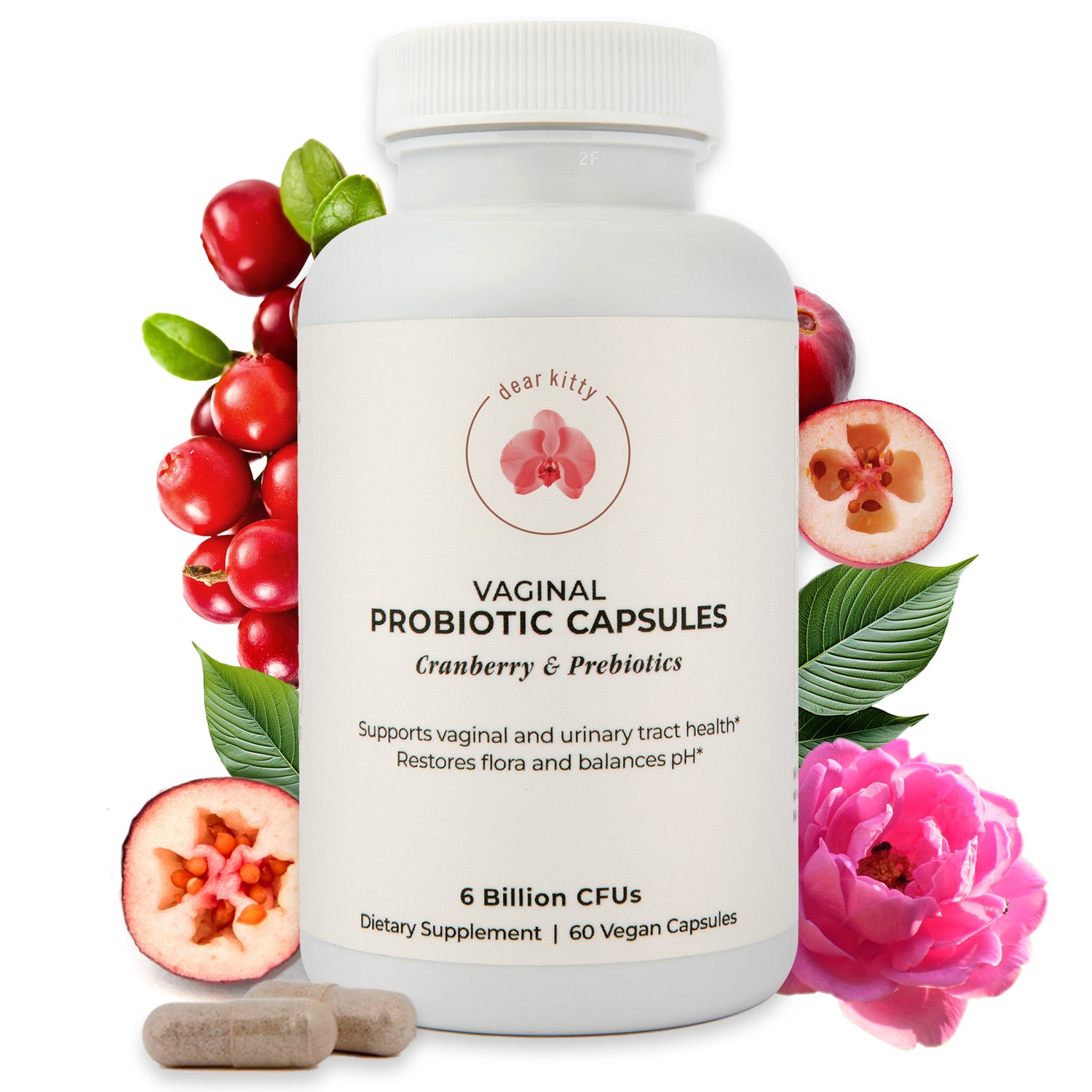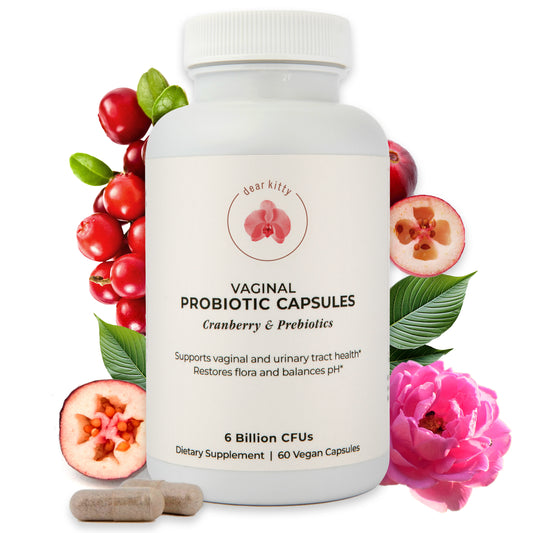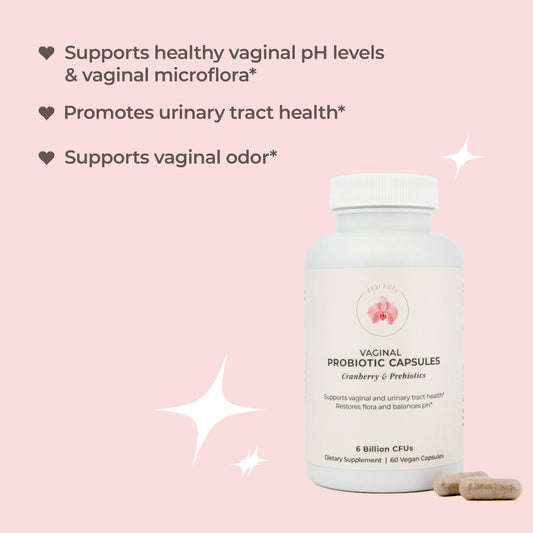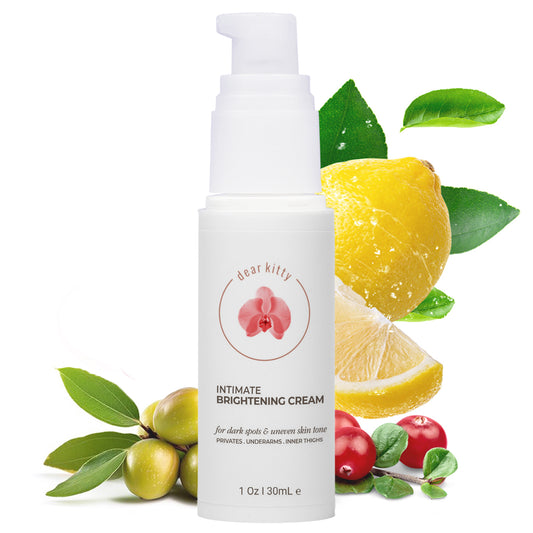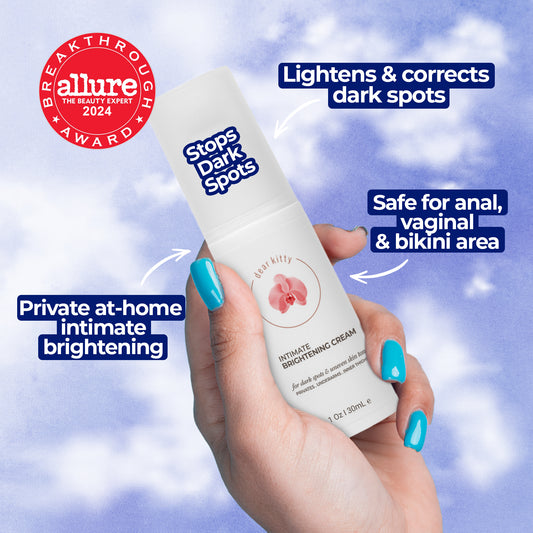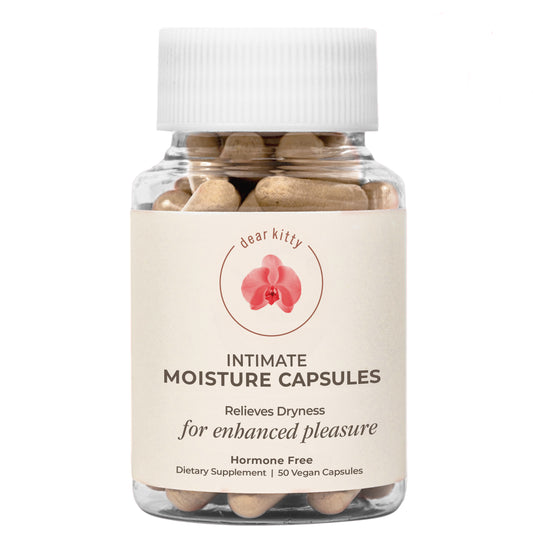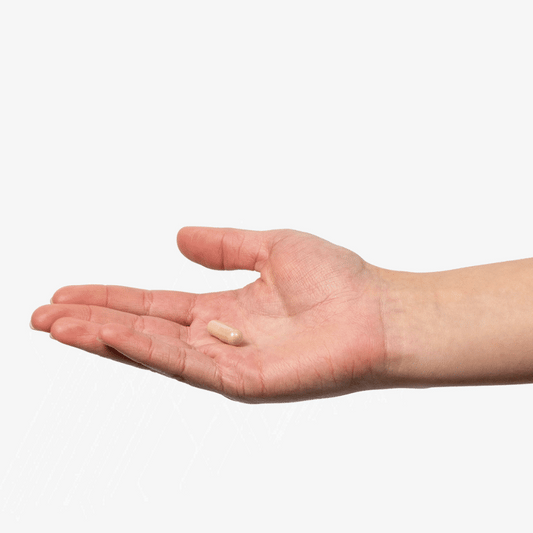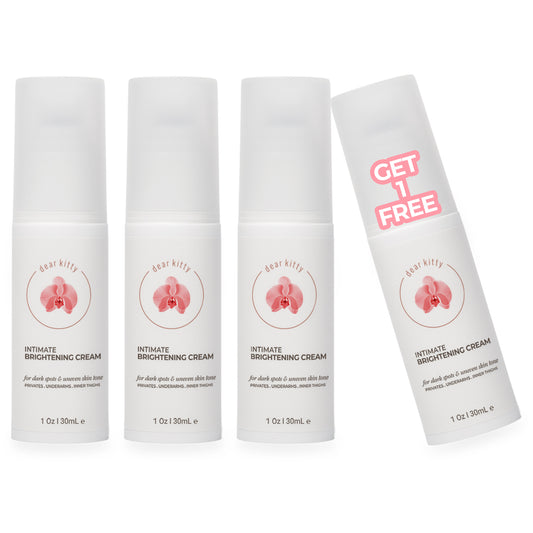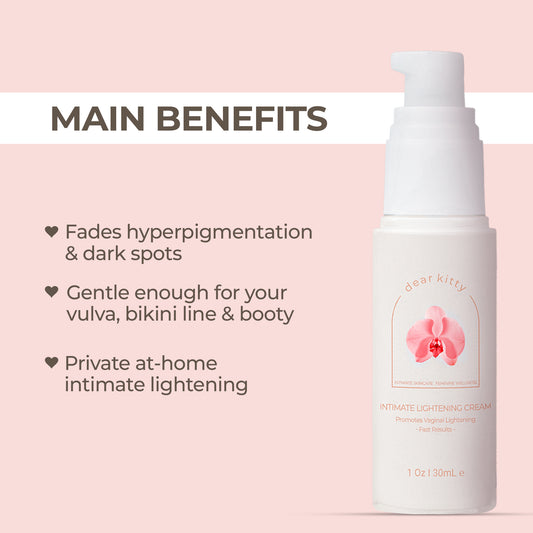Menopause is a natural phase in a woman's life that marks the end of her reproductive years. While it can bring about various physical and emotional changes, one of the most prevalent concerns women face is vaginal dryness. This uncomfortable symptom can impact a woman's quality of life and intimate relationships.
Understanding Vaginal Dryness During Menopause:
Vaginal dryness, medically known as vaginal atrophy or atrophic vaginitis, occurs when the vaginal walls become thinner, less elastic, and drier due to reduced levels of estrogen during menopause. Estrogen plays a crucial role in maintaining the health and elasticity of vaginal tissues and lubrication. As estrogen levels decline, the vaginal tissues receive less blood flow, leading to dryness, irritation, and discomfort.
Effects and Impact on Daily Life:
Vaginal dryness can cause several distressing symptoms, including:
- Painful intercourse: The lack of lubrication makes sexual activity uncomfortable or painful, leading to a decreased sex drive and potentially affecting the intimacy between partners.
- Itching and burning: Dryness can cause itching, burning, or a general feeling of irritation in the vaginal area, causing discomfort during daily activities.
- Urinary symptoms: Some women may experience urinary issues, such as frequent urination, urinary tract infections, or urinary incontinence, as the urethra and bladder may also be affected by decreased estrogen levels.
Will Vaginal Dryness Go Away on Its Own?
For most women, vaginal dryness will not go away on its' own. It won't get better by itself. Infact, your symptoms may get worse without treatment. And your vagina may start to itch or feel dry all the time, not just during sex. However, it is essential to remember that every woman's experience with menopause is unique, and the severity and duration of vaginal dryness can vary.
Managing Vaginal Dryness:
Fortunately, there are various effective approaches to manage vaginal dryness during menopause:
- Natural Supplements: Hormone free and estrogen free supplements that do not require a prescription are usually the first and best solution. They are fast acting, provide long term relief and are easy to incorporate in your daily routine. We suggest Dear Kitty Vaginal Moisture Capsules for relief in as little as 4 days.
- Lubricants and moisturizers: Water-based lubricants or vaginal moisturizers can provide temporary relief during sexual intercourse and daily activities, respectively. These products help reduce friction and provide lubrication to ease discomfort. We suggest Dear Kitty Intimate Moisturizer for daily vulva care and feel the difference after just 1 use.
- Hormone therapy: Many women find relief through hormone replacement therapy (HRT), which involves the use of estrogen-based creams, tablets, or patches to replenish the hormone levels in the body. However, it is essential to consult with a healthcare professional to evaluate the benefits and risks of HRT based on individual health circumstances.
- Vaginal estrogen: In some cases, healthcare providers may recommend localized treatments, such as vaginal estrogen creams or rings, which deliver estrogen directly to the vaginal tissues, relieving dryness and discomfort.
- Lifestyle modifications: Staying hydrated, maintaining a balanced diet rich in phytoestrogens (found in soy products, flaxseeds, and legumes), and avoiding irritants like douches or scented products can contribute to vaginal health.
- Open communication: Discussing concerns with a healthcare provider or a gynecologist can help address any questions or worries related to vaginal dryness. They can provide personalized guidance and recommend suitable treatments.
Empowering Women during Menopause:
Menopause is a significant life transition, and experiencing vaginal dryness can be distressing. It is essential to remember that you are not alone, and there are solutions available to manage this common symptom effectively. Seeking support from healthcare professionals, discussing concerns openly with your partner, and exploring different treatment options can help alleviate the physical and emotional effects of vaginal dryness.
